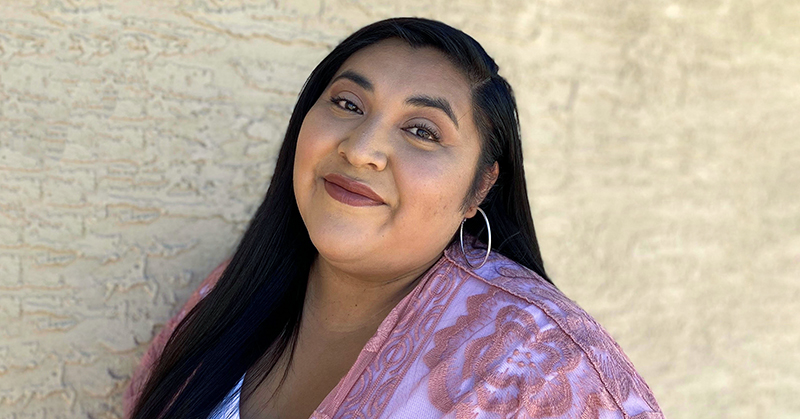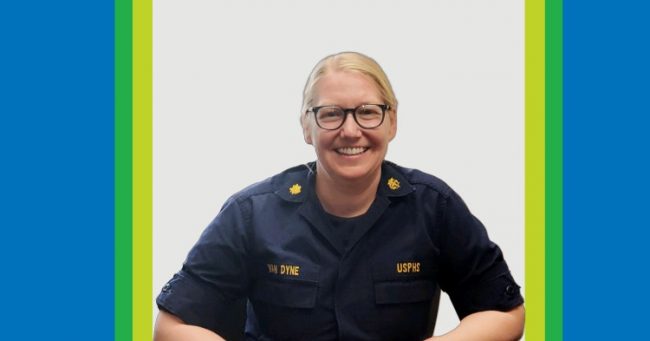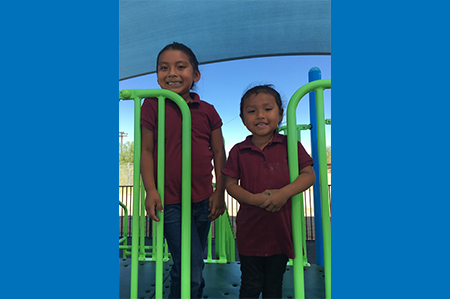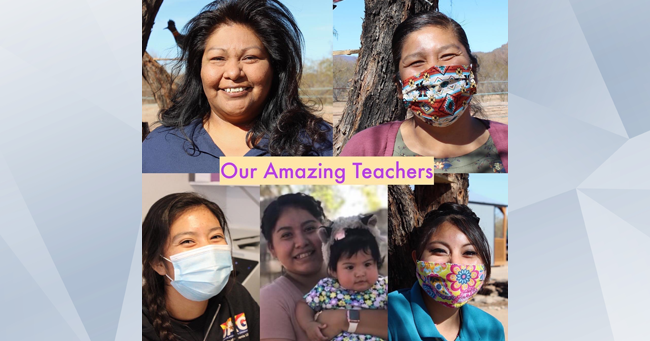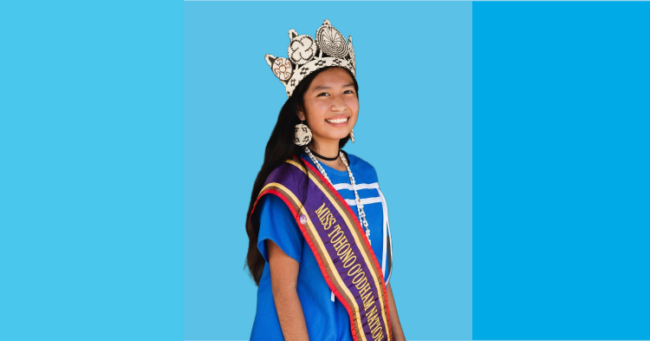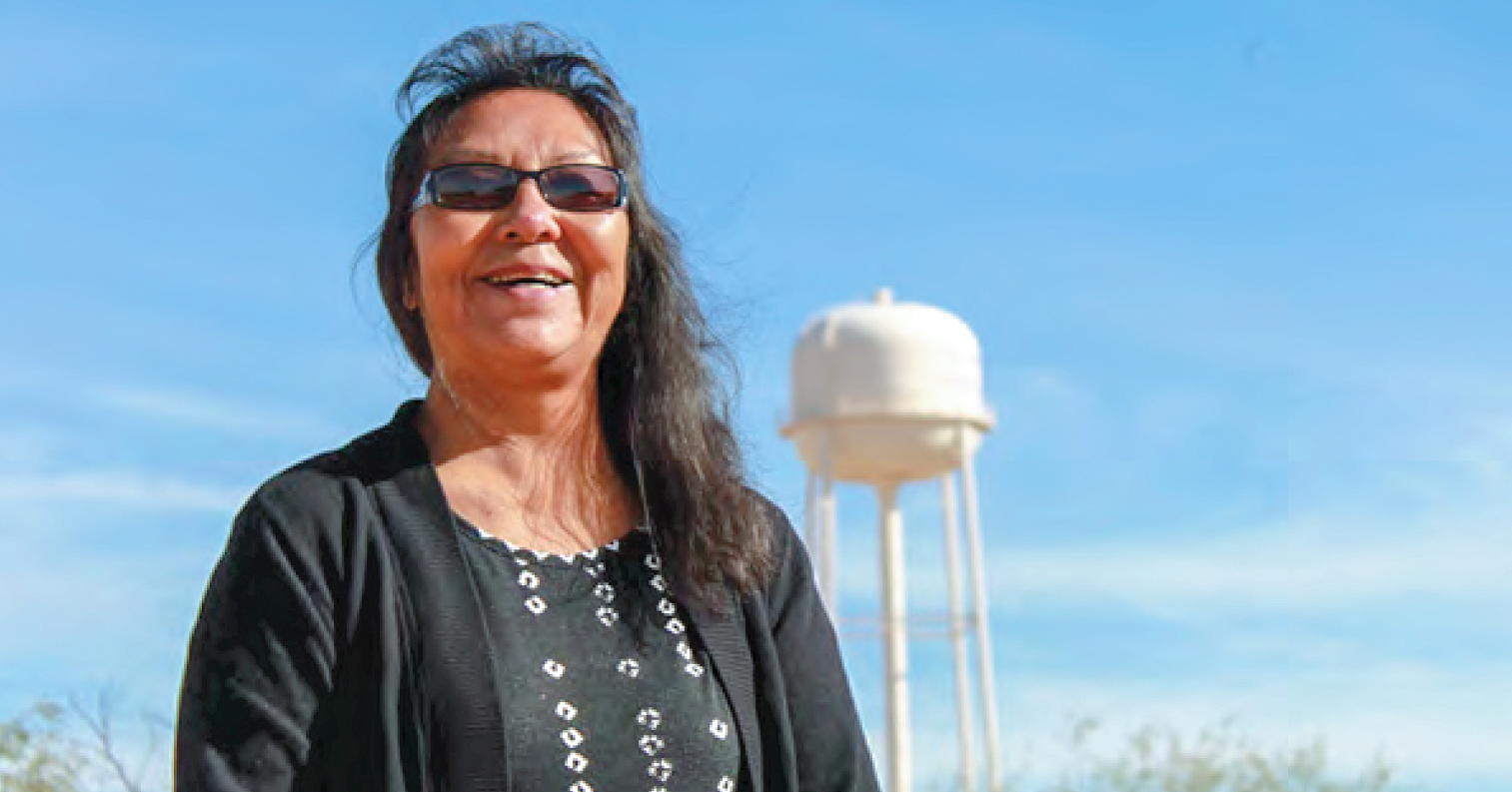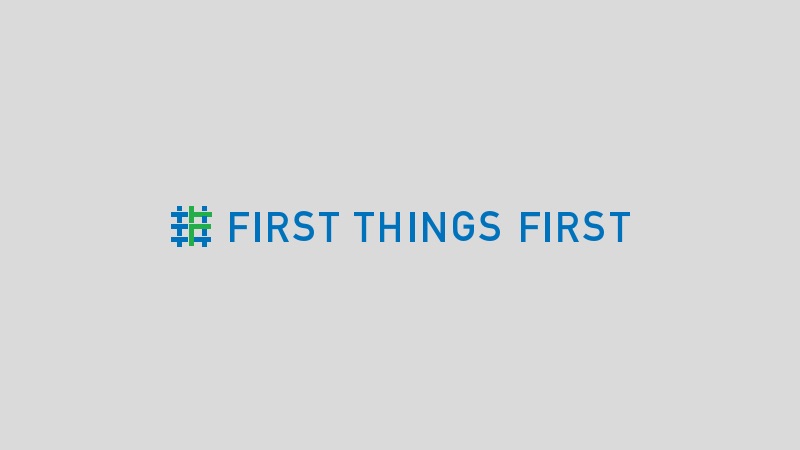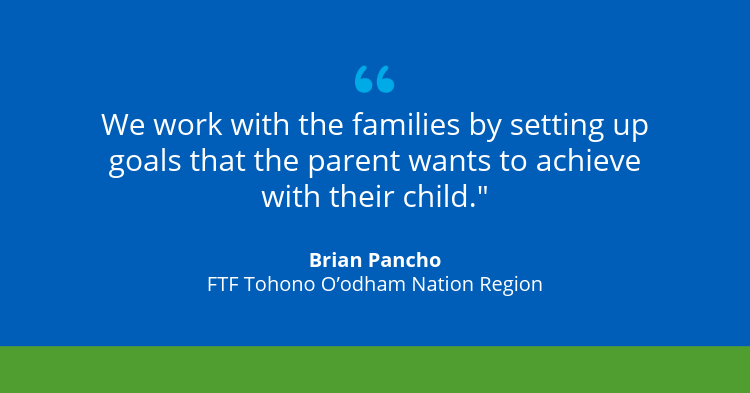
For years, Rolanda Reyna has helped families of young children on the Tohono O’odham Nation connect with community resources that can offer support.
As a longtime Maternal Health and Child Health Advocate, Reyna has traveled to various communities throughout the Nation supporting the needs of families and caregivers with children ages 0-5. It’s when the brain develops more rapidly than at any other time, according to research.
Reyna often assists first-time parents who are seeking parenting tips or information about early childhood development. In addition, the program also works with kinship and guardian caregivers.
“They want to know what to look out for, what they should be doing with their children,” she said.
The First Things First Tohono O’odham Nation Regional Partnership Council funds the Family Support Coordination Strategy through a partnership with the Nation’s Division of Special Needs Family Support/ Child Development Program. Families are linked with important programs and services on and off the Tohono O’odham Nation that best meet their needs. Resources range from early childhood health, education, intervention and development services to utility assistance, food security and support for parents returning to school. Over the years, Reyna has spent a considerable amount of time driving the vast region of the Nation making home visits to families who have emergency needs. For example, she recently delivered a child’s car seat to a family.
“I do visit families,” she said. “It’s just basically when they need services or emergency assistance.”
When parents express concern about their children’s health and development, Reyna refers them to various programs that can meet their diverse needs. Families can then follow up with those services.
Families with children have a variety of needs, and the Family Support/ Child Development Program works to tailor assistance to them, said Program Supervisor Brian Pancho.
“We work with the families by setting up goals that the parent wants to achieve with their child,” he said.
He recalls one case in which a family needed to provide a tablet computer to help their child move into the school system.
“The parent was able to purchase the device, but we provided the software for the child to help with their learning disabilities,” he said.
Pancho said outreach is done at public events throughout the Nation. It’s important to let people know that services are available for them because families – especially young, first-time parents who may not be aware of resources that can help them learn about the development milestones their children should be reaching, he said.
“With this program, we’re going out and making contact and also providing the information they can use to help them learn the parenting skills they need to help their children’s development.”
When families have the support they need, their children’s development can be healthy, he said. And it can help ensure children succeed in school and beyond.


